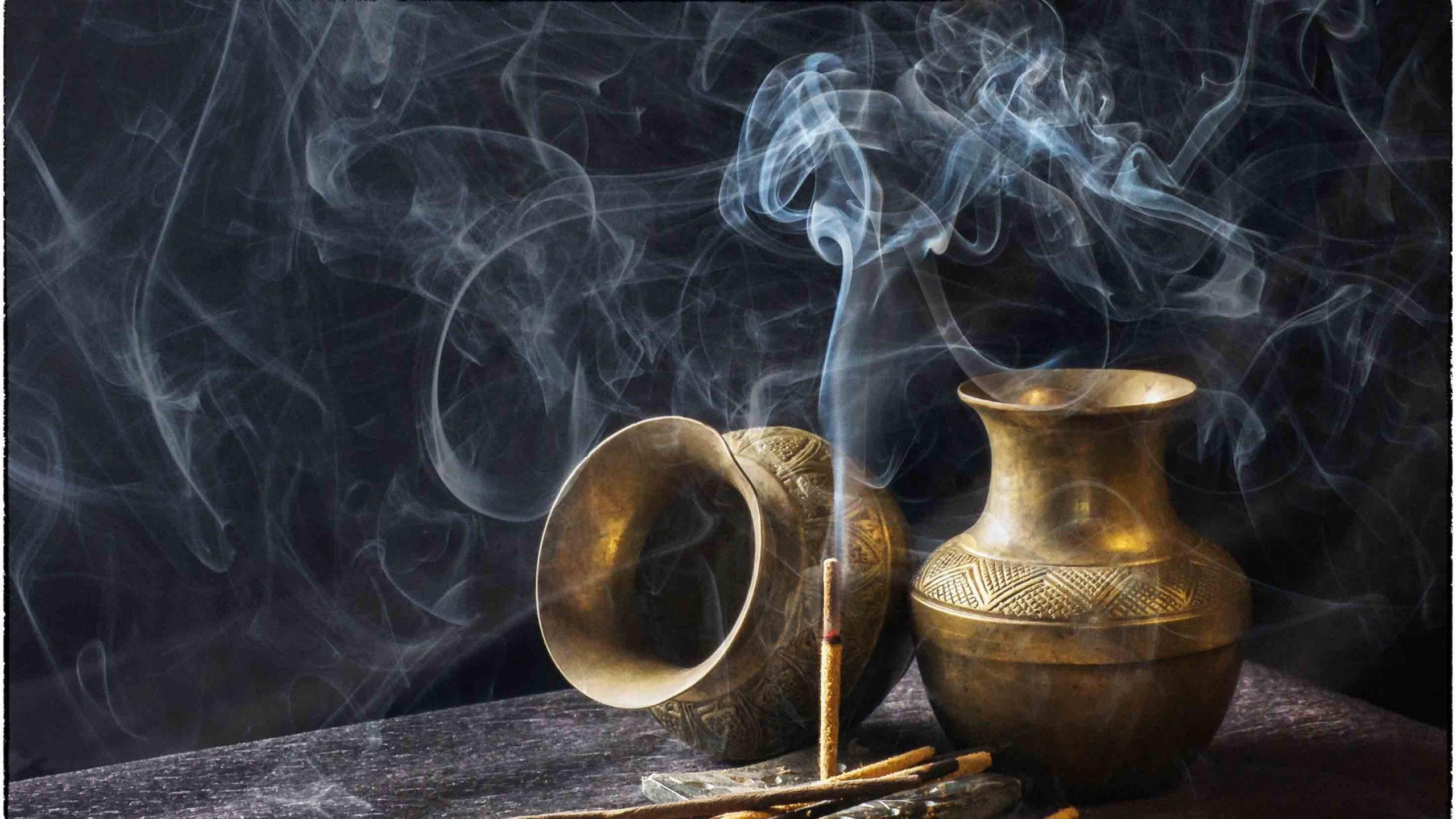
Psalm 45:6-7
Narrative Lectionary 133
6 Your throne,A O God,B endures foreverC and ever.D
A “throne” = kisse. From the same as kese (full moon); perhaps from kasah (to cover, conceal, overwhelm; to cover as clothes do or to hide a secret). This is throne – a seat that is covered or has a canopy. Thus, it is a seat that conveys authority.
B “God” = Elohim.
C “forever” = olam. This is a long scope of time whether in the past (antiquity, ancient time) or in the future (eternal, everlasting).
D “ever” = ad. From adah (to advance or continue; to take away or remove; adorning oneself with ornaments). This is old, perpetuity, eternity. It is a duration going back or forward.
Your royalE scepter is a scepterF of equity;G
E “royal” = malkut. From melek (king, royal). This is royalty, kingdom, realm, empire – the power the sovereign has.
F “scepter” = shebet. This is a rod, staff, club, scepter, dart, or tribe. Literally a stick that can be used for punishing, writing, fighting, walking, ruling; thus, used figuratively for a clan.
G “equity” = mishor. From yashar (to be straight, right, even, smooth, or agreeable; figuratively, to make something pleasant or prosperous) This is a level place like a plain. It can also be the proper name of a level place. Figuratively, it can refer to straightness in the sense of justice, equity, fairness, righteousness, or uprightness. It can also refer to a concord.
7 you loveH righteousnessI and hateJ wickedness.K
H “love” = aheb. This is to love, beloved, friend. It is to have affection for sexually or otherwise.
I “righteousness” = tsedeq. This is rightness, righteousness, vindication. It is everything that is just or ethical. That which is right in a natural, moral, or legal sense. It also includes just weights (i.e. true weights). Figuratively, this is justice, righteousness, equity – even prosperity.
J “hate” = sane. This is to hate, an enemy. It is a personal hatred and not an abstract one.
K “wickedness” = resha. From the same as rasha (to be wicked, guilty, make trouble, do wrong; can also be condemn, guilty, inflict punishment; this verb implies disturbing or violating). This is wrong, particularly moral wrong. It can be wickedness, evil, wicked deeds, or something that is ill-gotten.
ThereforeL God, your God, has anointedM you
with the oilN of gladnessO beyond your companions;P
L “therefore” = ken. Perhaps from kun (properly, in a perpendicular position; literally, to establish, fix, fasten, prepare; figuratively, it is certainty, to be firm, faithfulness, render sure or prosperous). This is to set upright. Generally used figuratively to mean thus, so, afterwards, rightly so.
M “anointed” = mashach. This is smear, paint, spread, or paint. It can also be to rub with oil or, otherwise stated, to anoint. This implies a consecration. This root verb is where the word “messiah” comes from.
N “oil” = shemen. From shamen (to shine, which implies being oily, growing fat). This is fat, oil, grease, olive oil – often with perfume. Used figuratively for fertile, lavish, rich.
O “gladness” = sason. From sus (to rejoice, be glad; properly, to be bright or cheerful). This is rejoicing, cheerfulness, and welcome.
P “companions” = chaber. 12x in OT. From chabar (to unite, ally, attach, touch; to join in a literal or figurative sense; also, specially, using magic knots or spells to fascinate or connect). This is something that is united or knit together such as an associate or a companion.
Image credit: “Incense in India” by ID 4174332 on pixabay.com, 2017.
